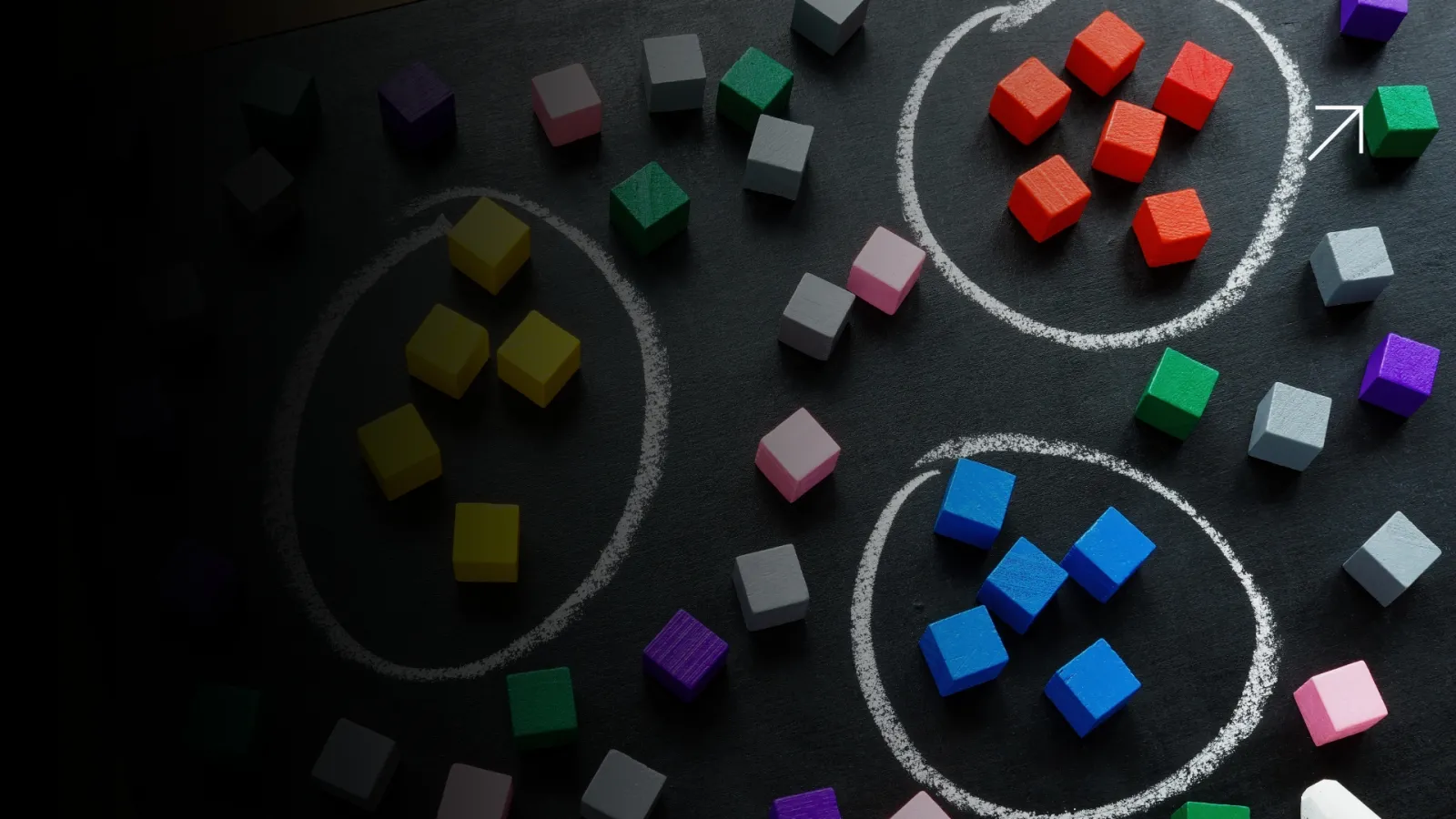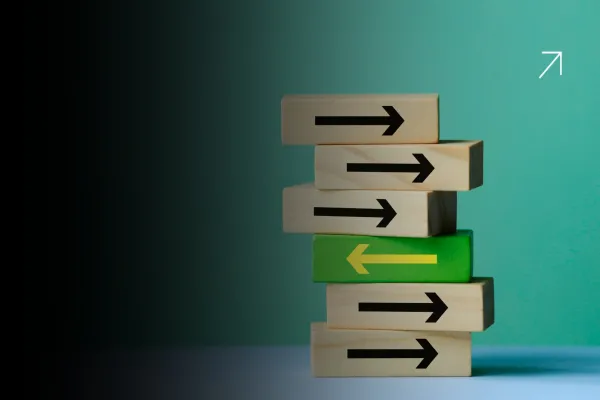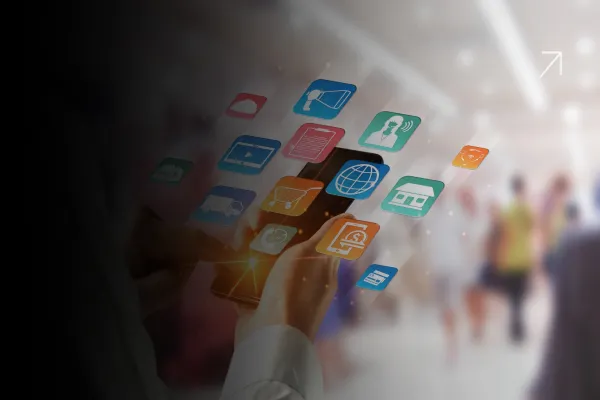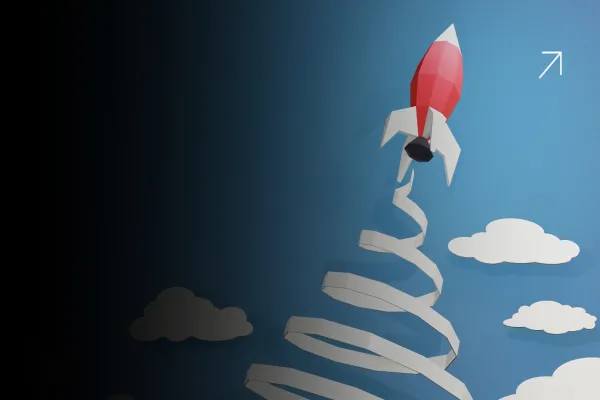Pharmaceutical sales has always been about knowledge, discipline, and the ability to influence prescribing behavior through trust and expertise. But here’s the truth: traditional sales training is struggling to keep up. Reps sit through hours of modules, memorize product information, and tick compliance boxes, but retention is low, engagement is worse, and motivation drops fast. This is where gamification in pharma sales training has shifted from a novelty to a necessity. Done right, it keeps sales reps engaged, improves retention of critical information, and pushes performance through measurable competition and rewards. In 2025, gamification is not a side experiment. It is one of the best practices in modern pharma learning strategies.
Why Gamification Belongs in Pharma Sales Training
Sales reps are under constant pressure to meet targets, stay compliant, and balance growing portfolios. Traditional classroom lectures or static e-learning modules don’t prepare them for the dynamic, real-time conversations they need to have with HCPs.
Gamification flips this. By applying game mechanics like points, levels, challenges, leaderboards, and rewards, training transforms from passive consumption into active learning. Instead of memorizing product information, reps “play” through simulations, quizzes, roleplays, and competitions that mirror real field scenarios. Learning becomes sticky. Reps walk away not just with theory, but with the confidence of practice.
The result: sales reps retain knowledge longer, adapt faster in the field, and remain motivated to keep learning.
Gamification in Pharma Sales Training Best Practices
Best practices are not about flashy games or gimmicks. They are about execution that aligns with pharma’s unique needs, such as regulation, compliance, and scientific rigor. Let’s break down what matters.
Design With Compliance in Mind
Pharma training is bound by strict regulatory guidelines. Every gamified module must embed compliance. That means pre-approved content, clear audit trails of learning, and ensuring reps are trained to represent products ethically. Compliance cannot be a boring afterthought. It must be part of the game design, like scoring reps higher for spotting compliance red flags in simulated conversations.
Focus on Real-World Scenarios
The best gamification in pharma sales training puts reps in situations they actually face: handling objections, explaining mechanisms of action, answering HCP questions, or navigating competition. The closer the simulation is to reality, the more reps transfer skills to the field.
Use Data for Iteration
Gamification isn’t just about fun; it’s about data. Every interaction generates insights: which topics reps struggle with, how long they take to answer, where they hesitate. Training managers should use this to adapt programs continuously.
Motivate, Don’t Manipulate
Leaderboards and competitions drive energy, but they should never demotivate lower performers. Best practice is to design tiered challenges where everyone can progress and feel rewarded. Recognition, not just prizes, sustains motivation.
Blend Online and Offline
Gamification shouldn’t live only in apps. Combine digital games with on-ground competitions, team roleplays, and event-based challenges. Pharma reps thrive when competition and collaboration blend.
What is an Example of Gamification in Pharma?
An example is a mobile roleplay app where reps face simulated HCP conversations. The app presents questions like “Doctor challenges efficacy claims: how do you respond?” Reps choose answers, get instant feedback, and score points. Progress unlocks advanced levels, such as handling objections about competitor products.
Another example is a leaderboard across regions where reps earn points for completing training modules, answering quizzes, or sharing best practices. Winners receive recognition at national sales meets.
These examples show how gamification makes training more practical, memorable, and motivating.
What is the Gamification of Sales Process?
Gamification of the sales process extends beyond training modules. It’s about applying game mechanics across the daily workflow of reps. For example:
- Setting weekly challenges for engaging a minimum number of HCPs.
- Rewarding reps for updating CRM data on time.
- Using scorecards to track performance across territories and recognizing high scorers.
The gamification of sales process doesn’t mean trivializing serious work. It means creating systems that turn routine tasks into engaging challenges, making discipline and consistency natural habits.
How to Achieve Sales Target in Pharmaceutical with Gamification
Sales targets in pharma are tough because of regulatory restrictions, competition, and limited HCP availability. Gamification helps reps focus, prioritize, and stay motivated.
Here’s how:
- Training modules simulate competitive sales pitches, so reps practice overcoming objections before stepping into real meetings.
- Micro-learning games deliver quick refreshers daily, ensuring reps don’t forget key product claims or compliance rules.
- Team-based challenges foster collaboration, where regional sales groups push each other to higher performance.
- Recognition systems reward not just the top sellers but consistent performers who improve quarter after quarter.
Gamification makes sales targets less about pressure and more about progress. It transforms targets into milestones that feel achievable.
Technology That Powers Gamification in Pharma Sales Training
Gamification works best when powered by strong technology. This includes:
- Mobile learning apps with offline access, so reps can train anywhere.
- AI roleplays that simulate HCP conversations and adapt difficulty based on performance.
- Analytics dashboards for managers to track progress at rep, regional, and national levels.
- Integration with CRM and LMS so training ties directly to sales data and compliance records.
This tech backbone makes gamification not just a fun add-on, but a measurable training system that drives results.
Why Gamification Works in Pharma
- Engagement: Reps actively participate, not passively consume.
- Retention: Knowledge learned in interactive, competitive contexts sticks.
- Motivation: Healthy competition keeps reps pushing further.
- Performance: Practice translates into field confidence, directly impacting prescriptions.
- Scalability: Digital gamification can be rolled out across hundreds of reps with consistency.
Addressing Misconceptions
Some leaders worry gamification trivializes serious content. The truth: done right, it does the opposite. It respects the seriousness by embedding compliance and rigor, but uses proven psychology to keep reps engaged. Another concern is cost, yet gamified modules often cost less than repeated in-person workshops while delivering higher retention.
Building Gamification Into Sales Training Strategy
Gamification is not a standalone tool. It must be built into the larger learning and development framework. That means:
- Starting with a clear learning objective.
- Designing challenges that link directly to field performance.
- Embedding compliance checkpoints.
- Measuring not just completion but impact on sales outcomes.
When gamification is seen as strategy, not novelty, it delivers measurable ROI.
The Future of Gamification in Pharma Sales
In 2025 and beyond, gamification will evolve further:
- AI roleplays that mimic real doctor conversations with natural language.
- Virtual reality training for complex product demonstrations.
- Personalized learning paths that adjust based on individual rep strengths and gaps.
- Data-driven competitions where managers can predict which reps need extra support.
This future isn’t speculative. It’s already here in pockets. Companies that adopt gamification as a strategic pillar in training will have sharper, more motivated, and more compliant sales teams.
Closing: Best Practices Are About Outcomes
The point of gamification in pharma sales training is not to make learning flashy. It’s to make it effective. The best practices are clear: compliance-ready design, real-world simulations, continuous feedback, and data-driven improvements. The reps who train through games learn faster, retain longer, and perform better. The companies that implement it see sharper execution and stronger ROI.
Ready to Transform Sales Training With Gamification?
Sales targets are getting tougher, compliance is tighter, and traditional training no longer delivers. Gamification in pharma sales training is the practical, proven way to prepare reps for real-world conversations and consistent performance. If you want sales training that sticks, motivates, and drives results, the time to act is now. Let’s discuss how gamification can be embedded in your training strategy to achieve targets and lift performance across the board.





